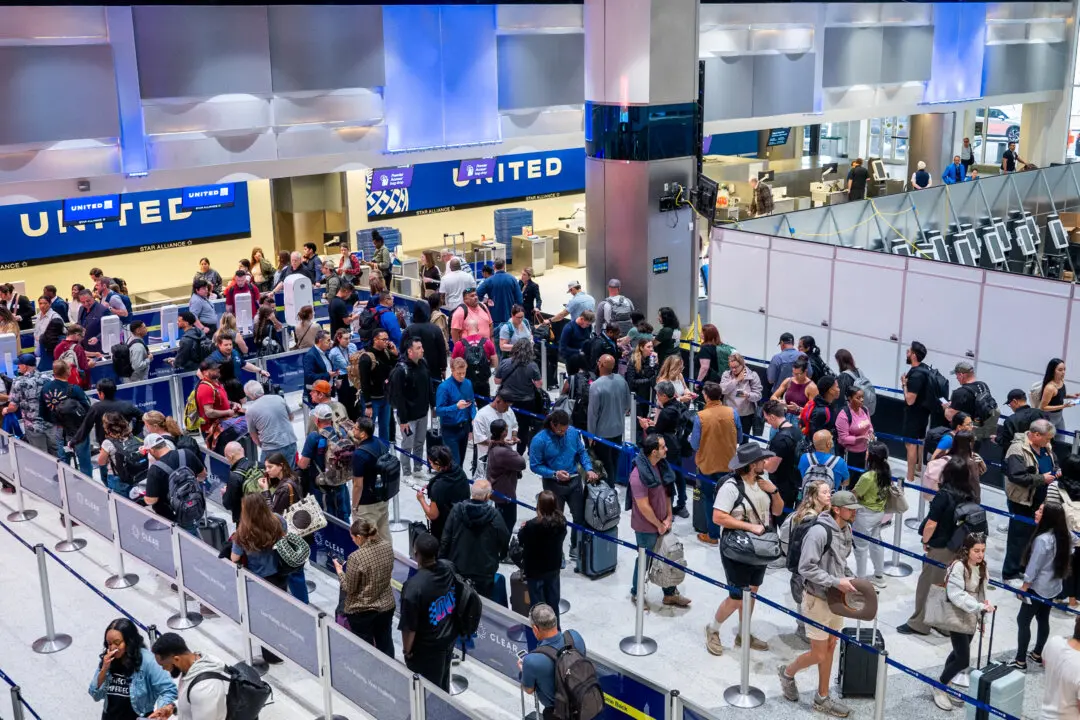The Arizona State Legislature passed a measure that will ask the Grand Canyon State’s voters if it should be a state crime to cross the southern border from anywhere outside an official port of entry.
On June 4, by a partisan 31–29 vote, the Arizona House of Representatives passed House Concurrent Resolution 2060. The vote will send the issue to the state’s November ballot.





